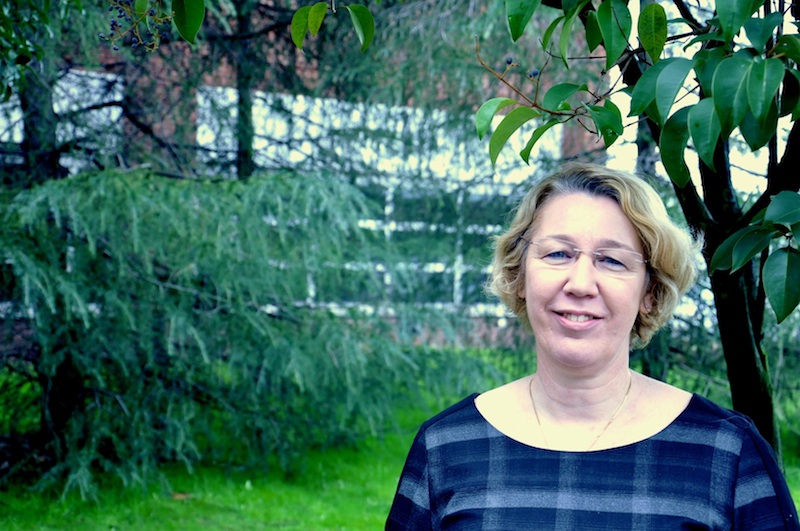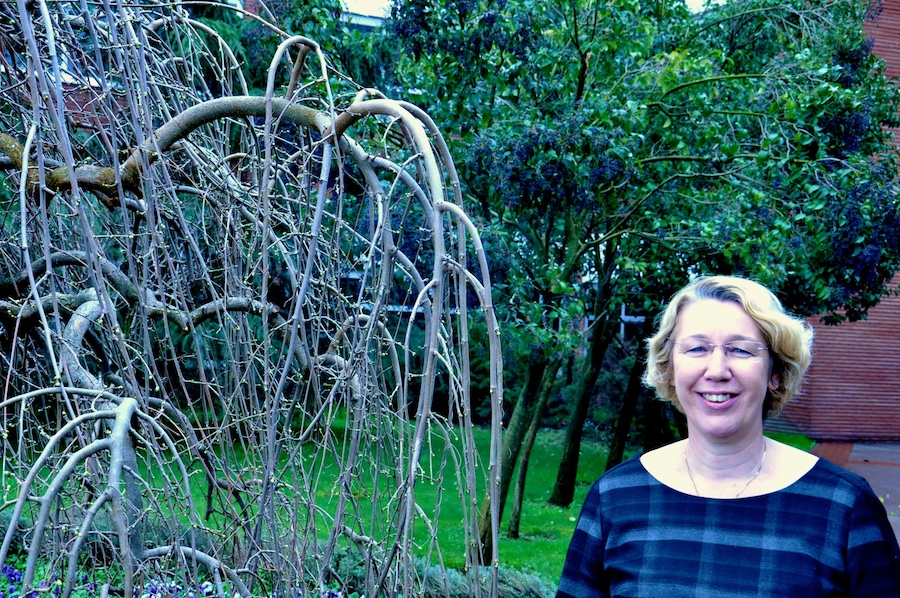For teachers conversations are crucial
 FOR TEACHERS CONVERSATIONS ARE CRUCIAL
FOR TEACHERS CONVERSATIONS ARE CRUCIAL
Jacqueline Einer, the Director of Sabanci University School of Langauges, reviews "Crucial Conversations: Tools for talking when stakes are high"
When I first picked up Crucial Conversations I thought there was no way I was going to like it. A self-help book - save me! - those over-the-top proclamations bursting with enthusiasm, those bite-sized step-by-step explanations. However, I bought the book because I felt that our conversations here at the School of Languages with each other and with our students are crucial. What we say and how we say it, in the classroom or in a meeting, can have an impact on a student's approach to learning and life and it can have an impact on how we teach over the course of a semester or even longer. Crucial Conversations, the title called to me and when I started to read it, while the style is similar to what I expected, the content really made sense. And I have to admit, those step-by-step explanations with examples did make it easy to follow.
One area that Crucial Conversations really illuminated for me was that of emotional response. One of the things that I do is to take the bits and pieces of information that I gather and put them together to create plausible scenarios. I know that gaining more information usually leads me to alter the scenarios so I was pleased to learn that by being open to hearing all sides and altering my scenarios or stories in light of new information then I was on the right track. According to Crucial Conversations there is more to it than just this. We all tell ourselves stories to give meaning to facts and these stories create our emotional responses. However, sometimes our stories are based on subjective judgments made on the spur of the moment and therefore can lead us to have emotional reactions that are not conducive to keeping dialogue going or that lead us to misjudge the person that we are talking to. One vital step in overcoming this is to explore our emotions and identify them accurately. Not an easy feat, but essential according to the authors.
Another section of the book that really influenced me was about staying focused on true purpose. In the past, I might have gotten side-tracked from my true goal by trying to win an argument or by responding to someone trying to pick a fight. I did these because I believed that it was important not to give in to those who, I thought, were trying to undermine efforts to reach a goal. Sometimes, I may have done the opposite to these and not given my opinion about something because I was trying to keep the peace. However, Crucial Conversations made me realise that by doing these I was actually adding to the problem rather than helping to reach a solution. The authors say that we need to examine our behaviour and see if it is how we would behave if what we say is our purpose was really our purpose. They also say that when we are in a tense emotional situation we see our options as quite limited. They suggest that in order to force our minds to be more creative in seeking solutions we need to think about what we want, as well as what we don't want.
As language teachers, as a result of our experience and reading, we may already have some ideas about what leads to good communication. For me, the authors have pulled a lot of different ideas that have run through my mind at one time or another into a more coherent, more detailed whole. Crucial Conversations helped me to see more clearly the elements that make up successful communication and how all of these elements are necessary for the communication to be successful. It gave me more insight into what can cause misjudgment of someone's intentions and what conditions can limit vital information being shared. It helped me to see the importance of mutual purpose and clarified the importance of seeing decision-making as a process, among other things.
If you are interested in understanding yourself and others better and improving your communications skills, Crucial Conversation: Tools for talking when stakes are high by K. Patterson, et al is available in the Information Centre and is well-worth reading.

March 22, 2013
